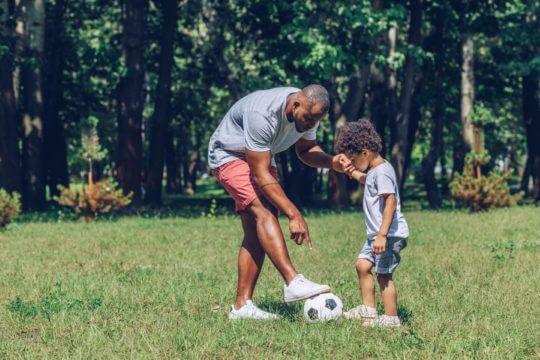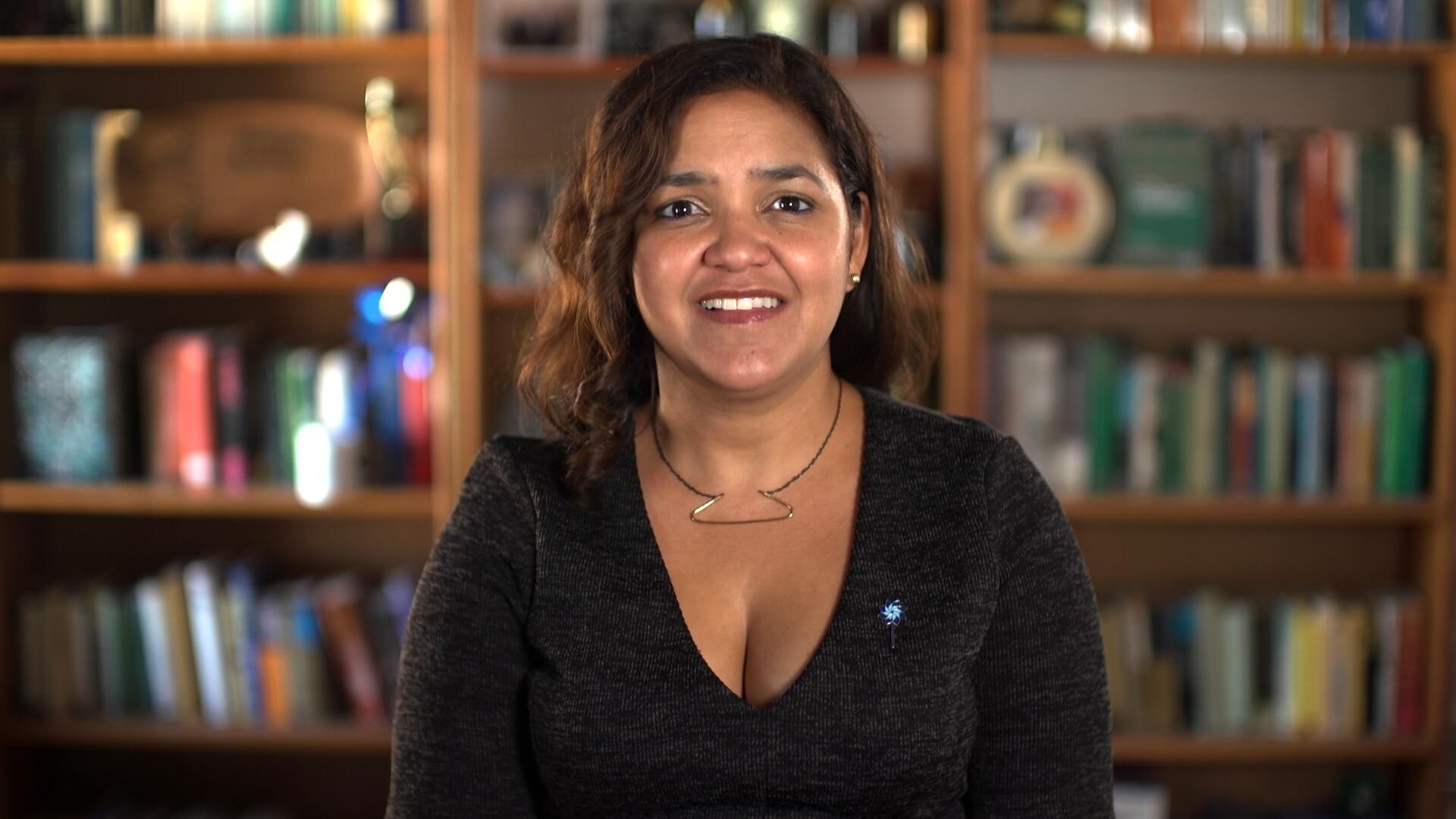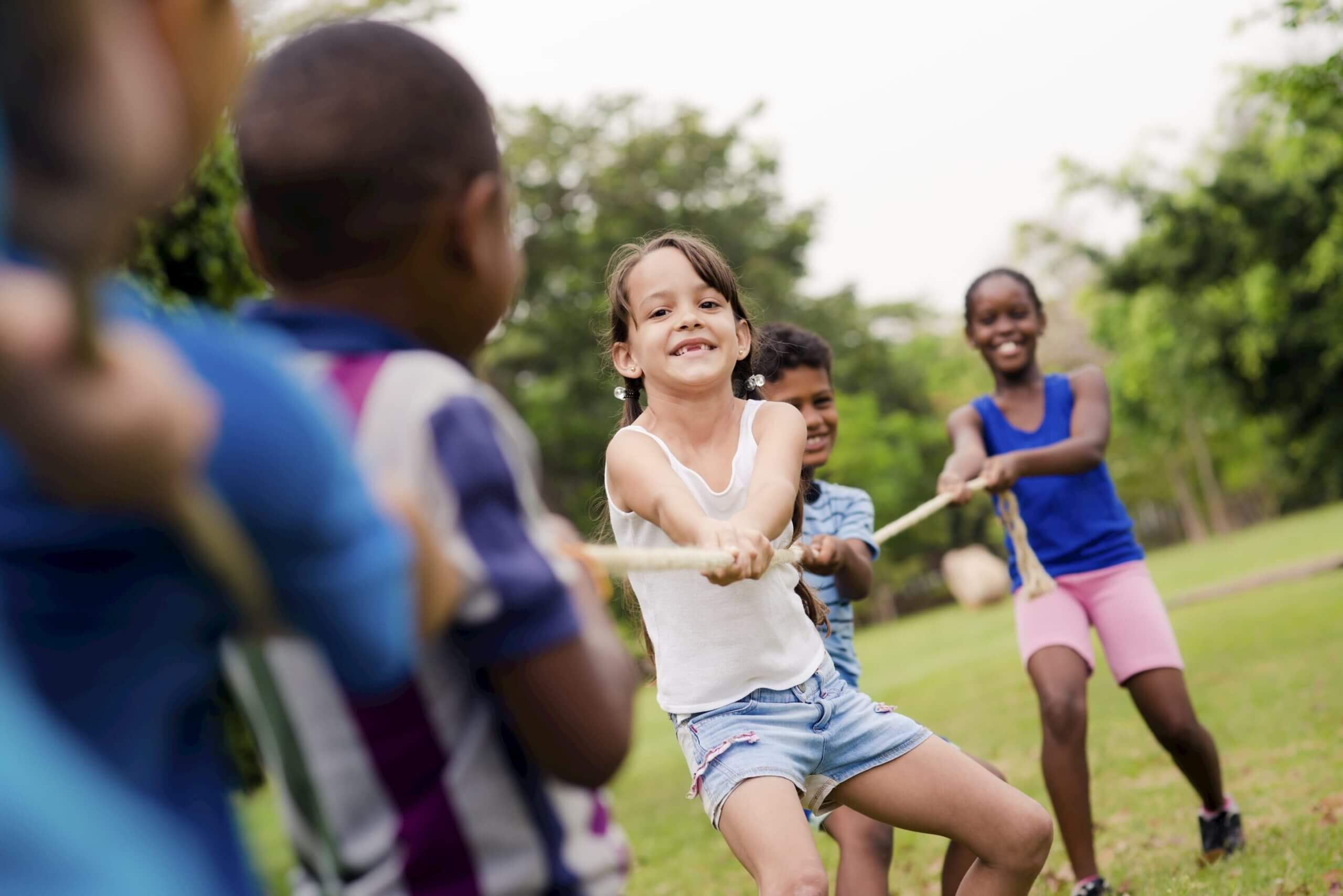Playing is how children learn about the world, and during the summertime there are tons of activities to keep kids busy. From riding bikes to playing tag with neighborhood friends, there are a lot of different ways for young kids to learn through play. This Parenting Tip has some ideas for activities you can do with your kids that will not only get your kids outside but can help you track developmental milestones as well.

The Importance of Developmental Milestones
Developmental milestones refer to specific moments that help keep track of a child’s growth. Examples include taking a first step, displaying empathy, and more. Taking the time to play with your child is critical to their development. Not only does this help you form a lasting bond, but it also helps you teach your child life skills and allows you to monitor their development.
Tracking your child’s development is also important for another reason. In case your child is experiencing delays, you will want to bring anything you notice up to your pediatrician as soon as possible. While all children develop differently, there are general rules of thumb that can be useful for parents. The CDC has put together a great resource called Milestones in Action—this resource can help you visualize these milestones and give a rough idea of a time frame to follow.
Double Duty: Ideas for Play and Developmental Milestone Tracking
Below are some suggestions for activities you can do with your children this summer and how to use them to monitor developmental milestones. Some of these activities can be done with you and your child alone, whereas some might require a few more people.
Hold a scavenger hunt: A scavenger hunt is a great activity for several reasons: not only can you easily adapt a scavenger hunt to suit the age of your children, but it helps you track several milestones at different ages.
- Milestone example: Around the age of two, children can usually recognize and point to objects when they are named. This is also the time when children can follow simple instructions. For example you could show your children a picture of a ball, ask them to name it, and then tell them to find one you’ve hidden in your backyard.
Play hide-and-seek outside: A long-time favorite of children, hide-and-seek is easy to play and a great game to determine how well your children are doing on milestones such as spatial awareness and following directions.
- Milestone example: At age three, children can demonstrate their understanding of spatial awareness with words such as “in,” “on,” or “under.” When playing with your children, ask them to say where you or their friends are hiding, such as “under the tree” or “in the shed.”
Have a group play date: Help another parent out by giving him/her a break and hold a group play date. Group activities can help you see how well your child is doing on milestones such as cooperation, creativity and imagination, or wanting to please friends.
- Milestone example: At age five, children reach a point in their social and emotional development where they want to please their friends and be like them. Group play dates can help you determine the pace at which your child is developing socially. They can also help kids learn from one another.
For some more suggestions of activities and how they relate to development, view and download the “Go Out and Play!”toolkit.
What other activities will you do this summer? Let us know by tagging us in a tweet (@PCAAmerica) or leaving a comment on our Facebook page!





